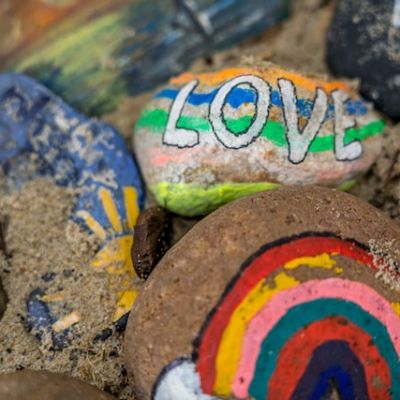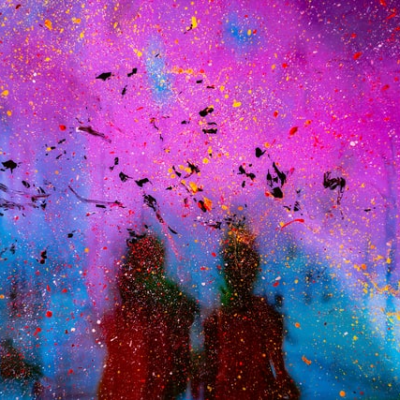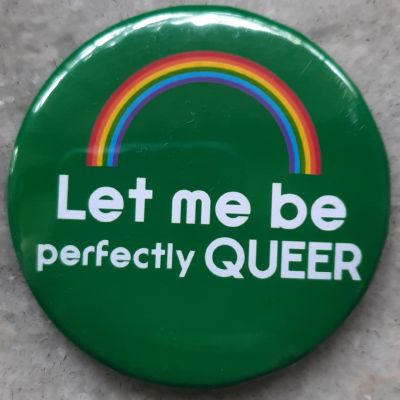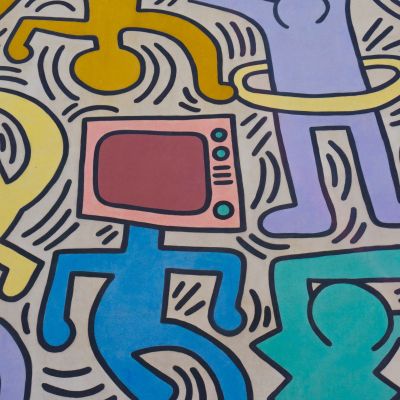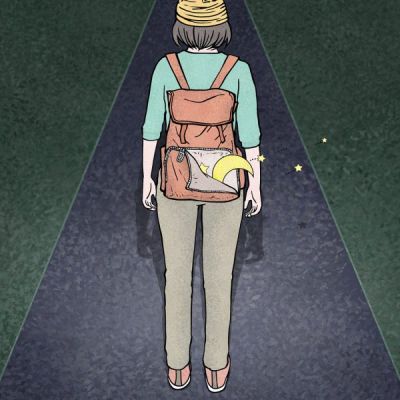Issue In Focus
Humour, either openly, or thinly camouflaged, is a combination of the intellectual, spiritual, emotional, physical nature of being. So quite often, anger, anxiety, aggression, wisdom, love, frustration, wickedness, cruelty, sarcasm and other feelings are a big part.
The fans invest emotional energy, and time, knowing very well that the players may never know of their existence or reciprocate the same emotions. That, however, does not deter them from feeling and living those emotions.
There are different narratives where lie hidden worlds of codified feelings, justifications, a reason to buy or not buy into injustice, or othering.
Many disabled people in India live with their parents and any expression of sexuality is suppressed as a rule within the confines of their homes. Sexual desires of persons with disabilities are seldom a priority issue for families or civil society. More is said through silence than words. Be grateful that you are alive. Isn’t that enough?
To chase down our own vulnerabilities around sexuality is a short run around the corner, five minutes ago, last night sleeping alone, with a lover, a partner who lost interest, the Insta post that leaves you feeling you’re not good enough for the hug, the kiss, the cuddle and are you perhaps the A of LGBTQIA+?
Companions take many forms. Using the word very loosely here, a companion is anyone the self is connected to, anywhere, at any point in time, from a family member, to a stranger on a train.
We need to recognise that mental health stressors that queer people face are not because something is inherently wrong with them.
Expanding contexts give the word ‘movement’ different meanings and value. Physical, conceptual, technological, relationship, emotional, mental, power, knowledge, ability, access, may be amongst the contexts immediately identified.
As a generation X-er I grew up in a world that was challenging sexuality but only encountered the instability of gender as an adult in radical new academic texts which were not then yet part of our everyday narratives. My daughter born between Gen Z and Gen Alpha is growing up in a world of gender fluidity and multiple pronouns.
I was not simply stuck within the binaries of “same-sex” or “opposite sex,” assuming that any reference to “same-sex” is in itself already revolutionary. But the call to recognise friendship, is a call to recognise so many forms of community that are made invisible by the emphasis within a liberal or conservative framework on “marriage” as the only path to family making.
We are led to question what ‘safety’ really is: Will it be guaranteed by going gently, if at all, into that good night? Is it at all possible to freely and safely explore who we are and the world in which we live?
How would we see the world really, if we were open to the idea that it is not purpose but play that drives us to seek companionship, be it an orchid seeking a pollinator or a human seeking another?
People looking for queer plots in Bollywood are sometimes disappointed, as the focus on marriage in many films seems to suggest that Bollywood is a conservative genre invested in sanctifying reproductive heteronormativity.
We begin this discussion – as it is an ongoing process of understanding on our part – by reiterating that…
“As a tool of social control, women have been encouraged to recognize only one area of human difference as legitimate,…




